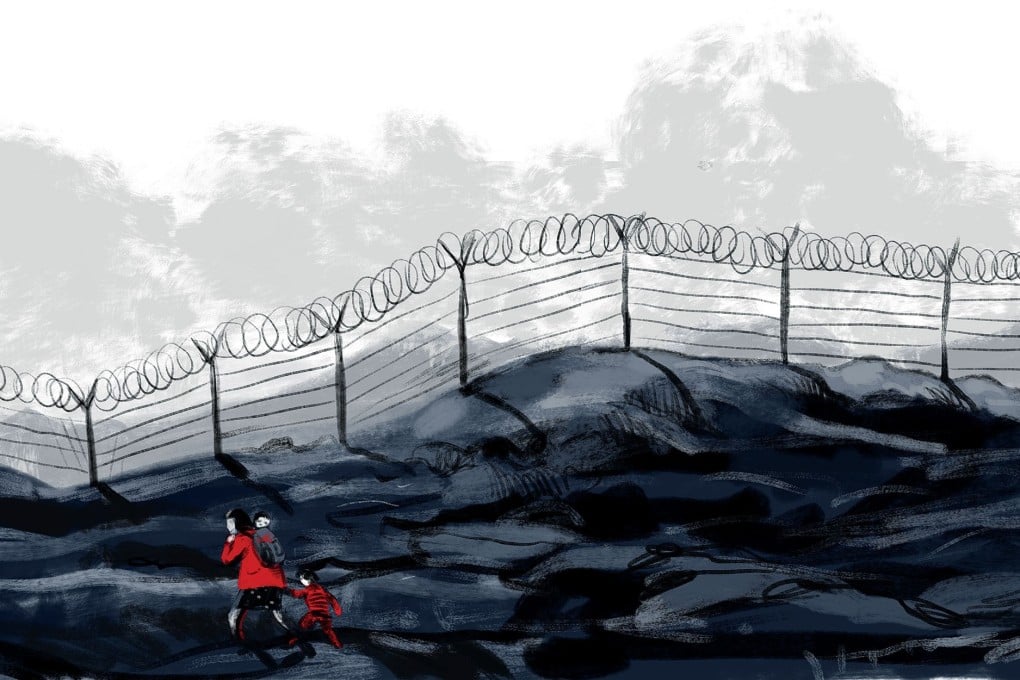Escape from North Korea: the Underground Railroad and the shadowy figure who guides refugees to safety
Swindled by people smugglers, Faith was sold as a bride to a Chinese farmer before finding her way onto the Underground Railroad, which assists those attempting the 10,000km journey to freedom and citizenship in the South

The Impossible Journey
Any North Korean knows that escaping their nation is near impossible.
First, the woman called “Faith” would have to evade the soldiers and surveillance cameras on the border. But even once she’d sneaked into China, the danger would have only just begun. To reach a South Korean embassy, where she could find asylum, she would still have to clandestinely journey thousands of kilometres across China and then Southeast Asia.
If discovered, she would likely be repatriated to one of her nation’s infamous gulags, where prisoners slave with so little food they capture rats to eat. But after more than 30 years of never daring to criticise the dictatorship out loud, even after enduring a famine, she was willing to risk anything to free herself.
By late 2017, thanks to the help of a secret network of activists who serve North Koreans seeking asylum, Faith had managed to make it more than 4,000km from her home. As she approached China’s border with Vietnam, where many refugees have been arrested, she recognised that she was facing one of the most hazardous passages of her odyssey.
Faith, her two preschool-age children, and five other North Koreans hiked on a mud path through farmland and jungle, following a Vietnamese man in silence, for speaking Korean would blow their cover to anyone they passed. At the end of the trail, a soldier appeared, guarding a bridge over a river, and their guide hailed him. Safety lay just beyond the soldier. She waited for him to respond. In this moment, she would discover if her bravery had won a better life for herself and her children – or if she had doomed them all.
Faith
Faith was born in the People’s Paradise of North Korea in the late 1970s. There her easy life was envied by the rest of the world – or at least that was what she was taught. At home, she and her mother were supposed to polish their household portrait of the smiling Great Leader each day, though they only cleaned it in advance of inspections, since they could be punished if it wasn’t shiny enough. A giant version of that portrait greeted her at every school, factory and railroad station. And after turning 16, like all adults, she pinned a button with the portrait over her heart each morning.
Of course, Faith’s actual life was nothing like what the dictatorship’s propaganda depicted. In the mid-1990s, as a teenager, she survived a famine that killed hundreds of thousands of people and reduced the population to scavenging pine bark, insects and frogs. But if the ever-present secret police caught anyone complaining, the whiners could find themselves in the gulags, so Faith sang patriotic songs and echoed the slogan that North Koreans had “nothing to envy” about the lives of foreigners.